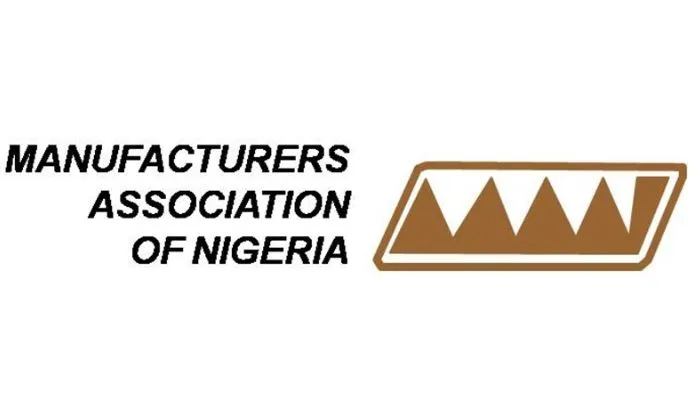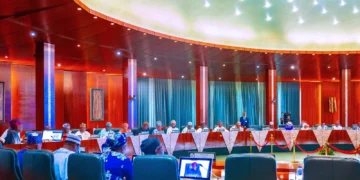The Manufacturers Association of Nigeria (MAN) has urged the Ogun State government to develop a sustainable approach to managing plastic waste, especially single use plastics in the state.
The Association stated this in a statement signed by its director-general, Segun Ajayi-Kadir.
MAN recognises the government’s initiatives aimed at reducing plastic waste, promoting recycling, and fostering a cleaner environment.
These efforts resonate with MAN’s dedication to environmental sustainability and responsible manufacturing practices.
Recently, during the commemoration of World Environment Day in Abeokuta, Commissioner for Environment Ola Oresanya highlighted the innovative “plastics for cash” and “blue box” initiatives, which are integral to the state’s sustainable waste management strategy.
Ajayi-Kadir pointed out that “the ‘Plastics for Cash’ program allows residents to exchange sorted plastic waste for monetary value or goods, creating income opportunities for youth, women, and informal waste collectors.”
He explained that the Blue Box initiative facilitates structured house-to-house waste separation and collection, overseen by the Ogun State Waste Management Authority.
He argued that rather than enforcing a sudden prohibition, it is more effective to adopt strategies that harmonise environmental sustainability with economic growth.
He cited “collaborative efforts in countries like Egypt, where government and social enterprises such as Banlastic focus on education, community clean-ups, and recycling initiatives. Similarly, Ghana’s innovations in plastic-to-construction solutions, with companies like Nelplast converting waste into affordable building materials, illustrate a positive model. In the United States, a national recycling plan aims to enhance plastic recovery, design, and energy efficiency.”
Ajayi-Kadir reinforced that these successful models emphasise circularity rather than outright bans.
MAN advocated for a more sustainable and beneficial approach to waste management, similar to that adopted by Ogun State.
He urged all stakeholders involved in waste management and environmental protection to support the commendable initiatives proposed by the Ministry of Environment in Ogun State.
Ajayi-Kadir encouraged Lagos State to focus on developing an inclusive, data-driven, and economically viable waste management system instead of imposing blanket bans that could lead to job losses, particularly affecting SMEs, informal waste workers, and women-led businesses.
He emphasised that sustainable solutions should emerge from stakeholder engagement, scalable alternatives, and enabling infrastructure. An effective approach will guide productivity towards circularity rather than hindering it.
Ajayi-Kadir affirmed that MAN views effective waste management as integral to public health, environmental protection, and economic development.











